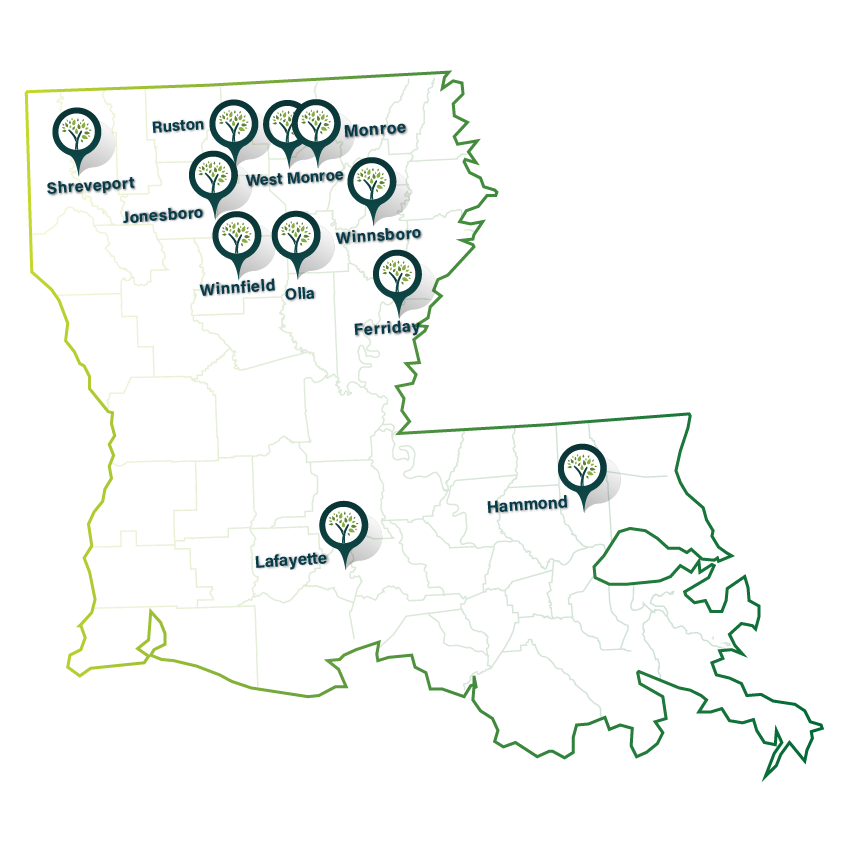DIVORCE RECOVERY

Divorce recovery for children and parents
For children, divorce can be stressful, sad, and confusing. At any age, kids may feel uncertain about what life will be like, or angry at the prospect of Mom and Dad splitting up for good. Divorce isn’t easy, but as a parent you can make the process and its effects less painful for your children.
Helping your kids cope with your divorce means providing stability in your home and attending to your children’s physical and emotional needs with a reassuring, positive attitude. To make this happen, you’ll need to take care of yourself—and work as peacefully as possible with your ex. It won’t be a seamless process, but your children can move forward feeling confident in your unconditional love.
As a parent, it’s normal to feel uncertain about how to give your children the right support through your divorce or separation. It may be unfamiliar territory, but you can successfully navigate this unsettling time—and help your kids emerge from it feeling loved, confident, and strong.
There are many ways you can help your kids adjust to separation or divorce. Your patience, reassurance, and listening ear can minimize tension as children learn to cope with new circumstances. By providing routines kids can rely on, you remind children they can count on you for stability, structure, and care. And if you can maintain a working relationship with their other parent, you can help kids avoid the stress that comes with watching parents in conflict. Such a transitional time can’t be without some measure of hardship, but you can powerfully reduce your children’s pain by making their wellbeing your top priority.
A child's list of wants and needs from mom and dad
- 1. I need both of you to stay involved in my life. Please write me letters, make phone calls, and ask me lots of questions. When you don’t stay involved, I feel like I’m not important and that you don’t really love me.
- 2. Please stop fighting and work hard to get along with each other. Try to agree on matters related to me. When you fight about me, I think that I did something wrong and I feel guilty.
- 3. I want to love you both and enjoy the time that I spend with each of you. Please support me and the time that I spend with each of you. If you act jealous or upset, I feel like I need to take sides and love one parent more than the other.
- 4. Please communicate directly with my other parent so that I don’t have to send messages back and forth.
- 5. When talking about my other parent, please say only nice things, or don’t say anything at all. When you say mean, unkind things about my other parent, I feel like you are expecting me to take your side.
- 6. Please remember that I want both of you to be a part of my life. I count on my mom and dad to raise me, to teach me what is important, and to help me when I have problems.
Parent support
- 1. Lean on friends. Talk to friends or a support group about your bitterness, anger, frustration—whatever the feeling may be—so you don’t take it out on your kids.
- 2. Never vent negative feelings to your child. Whatever you do, do not use your child to talk it out like you would with a friend.
- 3. Keep Laughing. Try to inject humor and play into your life and the lives of your children as much as you can; it can relieve stress and give you all a break from sadness and anger.
- 3. See a therapist. If you are feeling intense anger, fear, grief, shame or guilt, you should find a professional to help you work through those feelings.
At Family Solutions Counseling Center, our therapists are highly skilled to help facilitate an environment that allows children and parents express their feelings, to help find the words to describe how they feel, and to be heard and supported. By providing your children an environment that allows each family to member to express their feelings without a fear of rejection by one parent or another gives each child reassurance that both parents will be there for them. Also, providing needed stability prevents disconnecting the family even further.

CERTIFICATIONS
- Board Certified Behavior Analyst
- Child and Adolescent Psychiatry
- Clinical Psychologist
- American Board of Psychiatry and Neurology
- Licensed Professional Counselor
- Licensed Marriage and Family Therapist
- AAMFT Approved Supervisor
- Licensed Addictions Counselor
- Licensed Clinical Social Worker
- Licensed Speech Language Pathologist
- Licensed Occupational Therapist
- Licensed Physical Therapist
- Substance Abuse and Mental Health Services Administration


Business Hours:
M-Th | 8:00 - 6:00
F | 8:00 - 2:00
info@fs-pms.com
MONROE
Counseling Center
1105 Hudson Lane,
Monroe, LA 71201
(318) 322-6500
Lumen Counseling
100 CenturyLink Drive,
Monroe, LA 71203
(318) 582-7272
Pediatric Therapy
1300 Hudson Lane, Ste. 7,
Monroe, LA 71201
(318) 361-7180
Autism Center
1300 Hudson Lane, Ste. 9,
Monroe, LA 71201
(318) 600-6640
WEST MONROE
Counseling Center
1401 N. 7th Street, Suite B
West Monroe, LA 71291
(318) 503-8300
Autism Center
107 McMillan Road
West Monroe, LA 71291
(318) 600-6640
SHREVEPORT
Counseling Telehealth
(318) 255-2922
Autism Center
9441 Stevens, Suite 150
Shreveport, LA 71106
(318) 600-6640
RUSTON
Counseling Center
2102 Floyd Park Dr, Ste 2,
Ruston, LA 71270
(318) 255-2922
Autism Center
206 E. Reynolds Dr, Ste C3,
Ruston, LA 71270
(318) 600-6640
Pediatric Center
206 E. Reynolds Dr, Ste C3,
Ruston, LA 71270
(318) 224-9177
WINNSBORO
Autism Center
4279 Front Street
Winnsboro, LA 71295
(318) 605-2636
LAFAYETTE
Autism Center
201 Rue De Jean
Lafayette, LA 70508
(337) 362-2500
HAMMOND
Autism Center
1250 Railroad Avenue #240 A
Hammond, LA 70403
(985) 277-1996